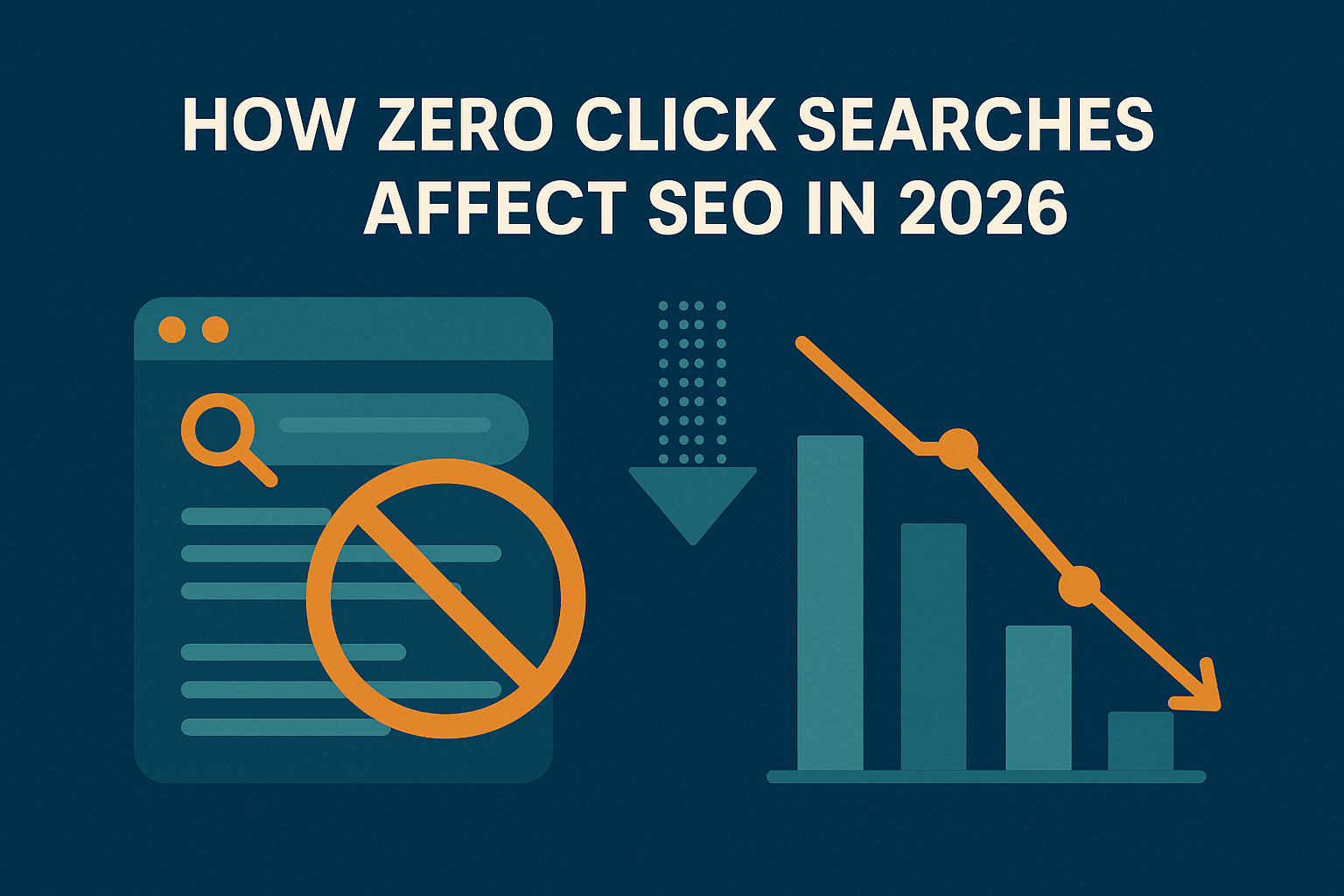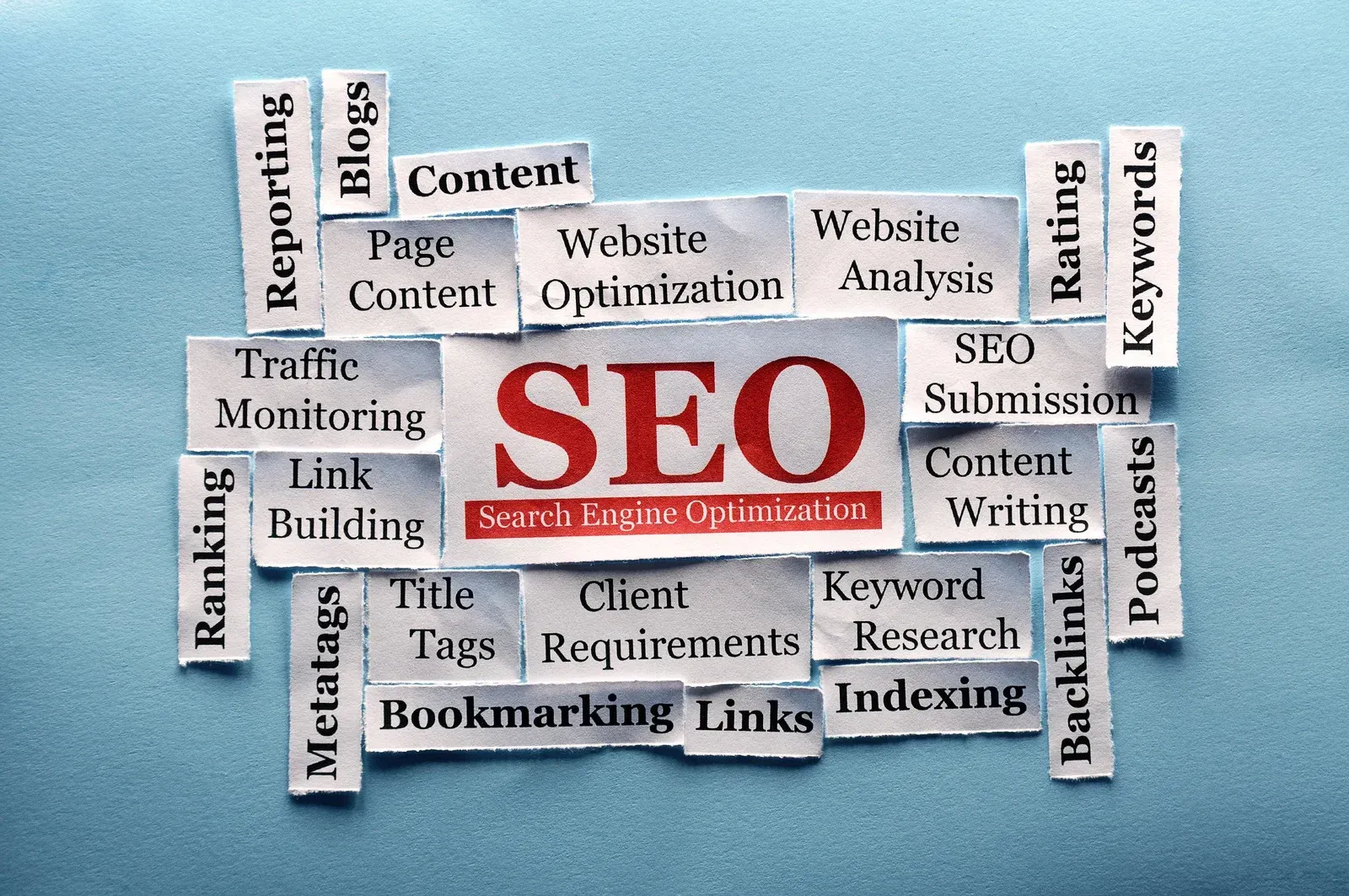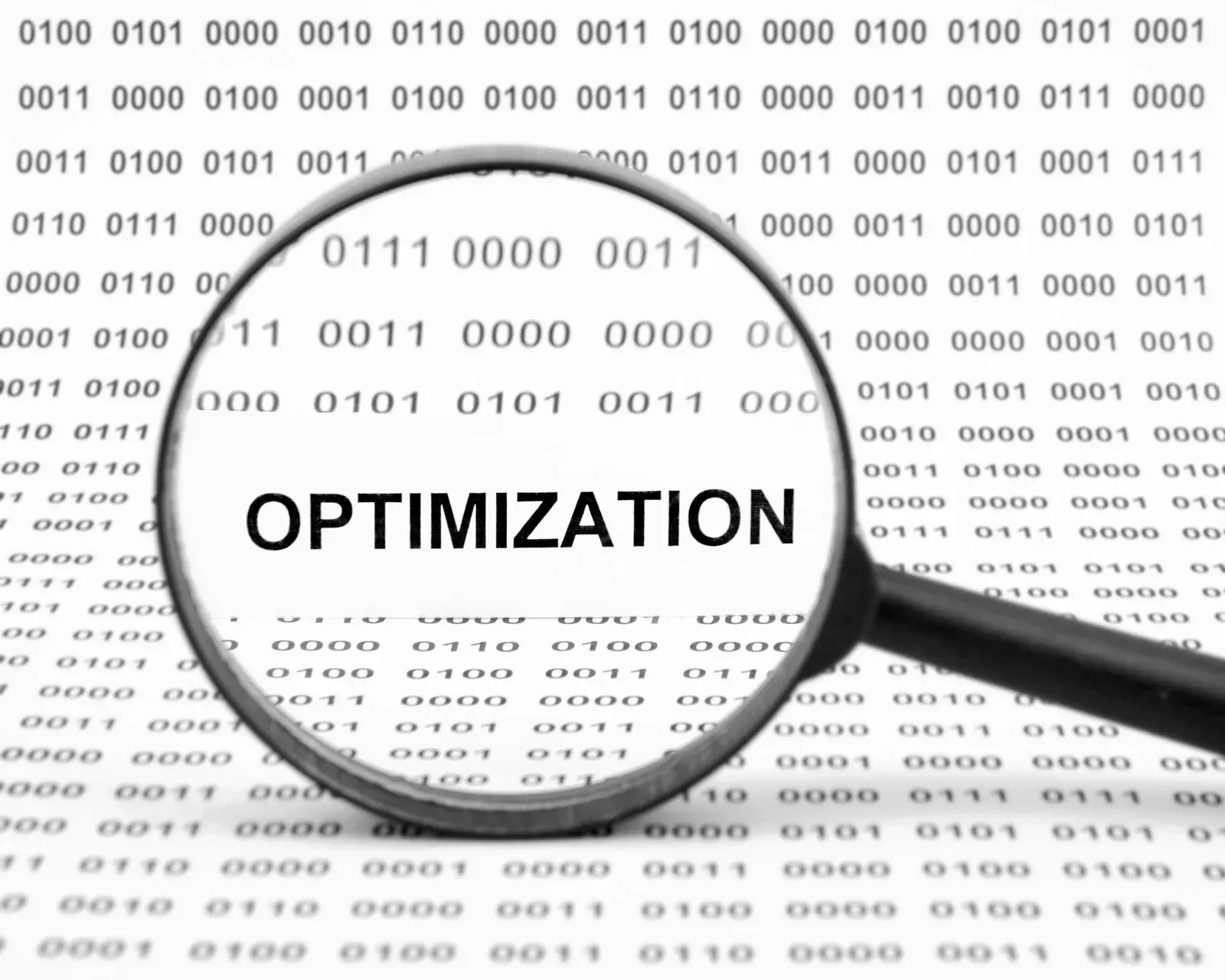How AI and Automation Are Shaping the Future of Virtual SEO Services
In the digital age, where competition is fierce, and businesses constantly seek to improve their online presence, SEO has become an essential tool for success. Virtual SEO services, which help businesses optimize their websites for search engines, have traditionally involved a mix of manual efforts and technical expertise. However, the landscape of SEO is evolving rapidly with the integration of artificial intelligence (AI) and automation. These cutting-edge technologies are transforming how SEO strategies are created, executed, and optimized. Let’s explore how AI and automation are shaping the future of virtual SEO services.
1. AI-Powered Keyword Research and Content Optimization
Keyword research has always been at the heart of SEO strategies. Finding the right keywords is essential to driving targeted traffic to a website. Traditional keyword research involved manually scanning search volumes, competition levels, and trends to find relevant terms. With AI, this process has been revolutionized.
AI-powered tools can now analyze vast amounts of search data, predict future trends, and identify long-tail keywords that may not be immediately obvious. These tools can also optimize content by suggesting changes that can improve a website's chances of ranking higher. AI can analyze not only the keywords but also the intent behind user queries, ensuring that content aligns with what users are truly searching for. This makes AI a powerful asset in creating content that is not only keyword-rich but also contextually relevant and user-friendly.
2. Enhanced On-Page Optimization
On-page SEO involves optimizing the content, meta descriptions, headers, and other elements of a webpage to make it more attractive to search engines. AI tools have become highly effective in automating much of this process. For instance, AI-driven platforms can automatically suggest the most relevant title tags, optimize images, and recommend ways to improve content structure based on what has worked well for competitors.
Automation also plays a key role in performing technical SEO tasks, such as optimizing site speed, fixing broken links, or improving mobile responsiveness. With the help of AI and automation, these tasks can be completed faster and with greater accuracy, reducing the need for manual intervention and ensuring that websites are continually optimized without requiring constant oversight.
3. AI and User Experience (UX) Optimization
Search engines like Google are increasingly prioritizing user experience (UX) as a ranking factor. AI plays a critical role in analyzing and enhancing UX by evaluating metrics such as page load speed, bounce rate, time on page, and user interactions. AI tools can track user behavior on a website in real-time, identifying friction points that may be affecting conversion rates.
For example, AI can analyze heatmaps to see where users are clicking the most or which areas of a page are being ignored. Based on this data, businesses can make informed decisions on how to improve the layout, navigation, or overall design of their websites, ensuring that visitors have a seamless and engaging experience. This results in better engagement, higher conversion rates, and ultimately improved SEO performance.
4. Automation in Link Building
Link building is another core component of SEO, but it can be time-consuming and labor-intensive. Traditionally, businesses had to reach out to other websites manually to request backlinks. However, AI and automation have revolutionized this process.
AI-powered tools can now analyze the quality of potential link-building opportunities, predict which sites are most likely to provide valuable backlinks, and even automate outreach efforts. These tools can create and send personalized emails to webmasters, bloggers, and influencers to request links or mentions. By automating the outreach process, virtual SEO services can save time and resources while securing valuable backlinks more efficiently. This can lead to improved domain authority and, in turn, better rankings on search engines.
5. Predictive Analytics for SEO Strategy
One of the most exciting developments in the world of AI and SEO is the use of predictive analytics. By leveraging machine learning algorithms, AI can analyze past performance data and make predictions about what SEO strategies will yield the best results. This allows SEO professionals to anticipate changes in user behavior, search engine algorithms, and industry trends, helping businesses stay ahead of the curve.
For example, AI can predict which keywords will rise in popularity, which types of content will generate the most engagement, or which competitors are likely to shift their SEO strategies. Virtual SEO services that incorporate predictive analytics can make data-driven decisions, optimize strategies proactively, and continuously improve their SEO efforts without waiting for trends to materialize.
6. Personalization and Tailored SEO
AI has enabled a new level of personalization in SEO, allowing businesses to deliver content that’s specifically tailored to individual user preferences. By analyzing data from users' search histories, browsing habits, and demographic profiles, AI can help businesses create highly targeted content that resonates with different segments of their audience.
This personalized approach to SEO increases engagement and conversions, as customers are more likely to engage with content that speaks directly to their needs and interests. Automation tools can also help deliver this personalized content at scale, ensuring that businesses can reach the right people with the right message at the right time.
7. The Future of SEO Automation
Looking ahead, the role of AI and automation in SEO will only grow more prominent. As search engines become more sophisticated and user expectations evolve, AI will continue to improve the precision and efficiency of SEO strategies. From automating routine tasks like keyword research and content creation to using advanced algorithms to predict future trends, the potential for AI and automation to reshape the SEO landscape is vast.
In the future, virtual SEO services will become increasingly proactive, using real-time data to adjust strategies, monitor website performance, and optimize content for voice search, mobile devices, and user intent. Automation will further streamline workflows, allowing businesses to achieve better results with fewer resources.
AI and automation are revolutionizing virtual SEO services, making them more efficient, accurate, and proactive. These technologies enable businesses to create SEO strategies that are smarter, faster, and more tailored to the needs of their audience. As AI continues to evolve, the future of SEO promises even more advanced tools and techniques, empowering businesses to stay competitive and succeed in an increasingly digital world. Embracing these innovations will be key for businesses looking to maintain a strong online presence and drive sustained growth










